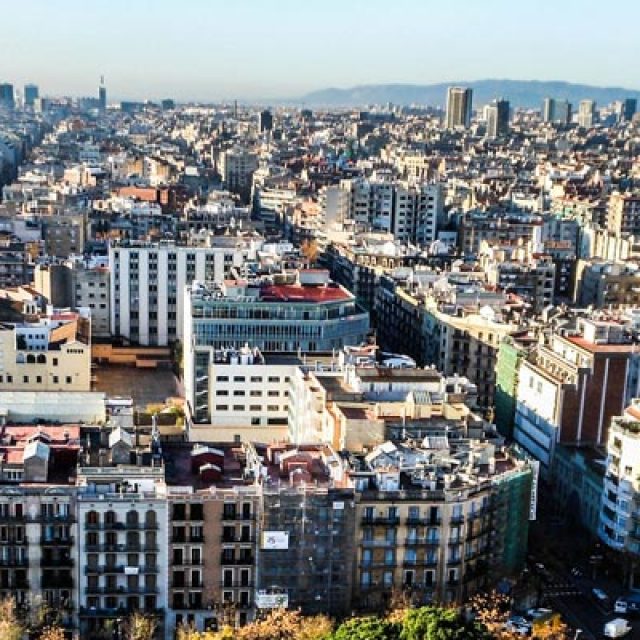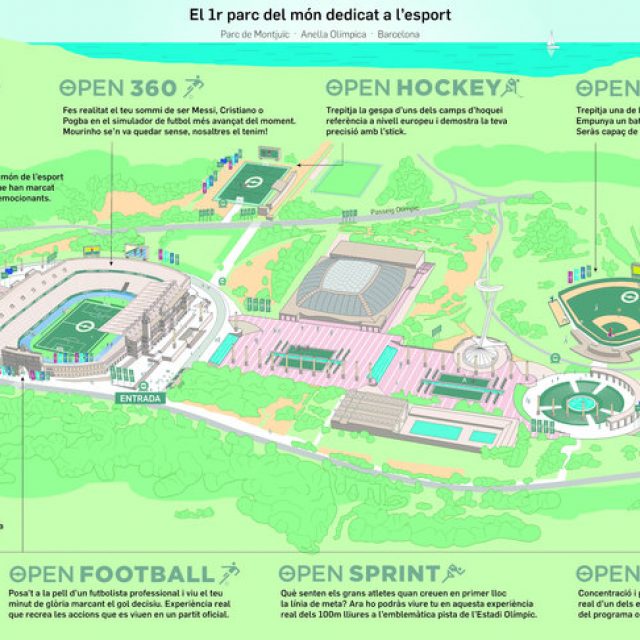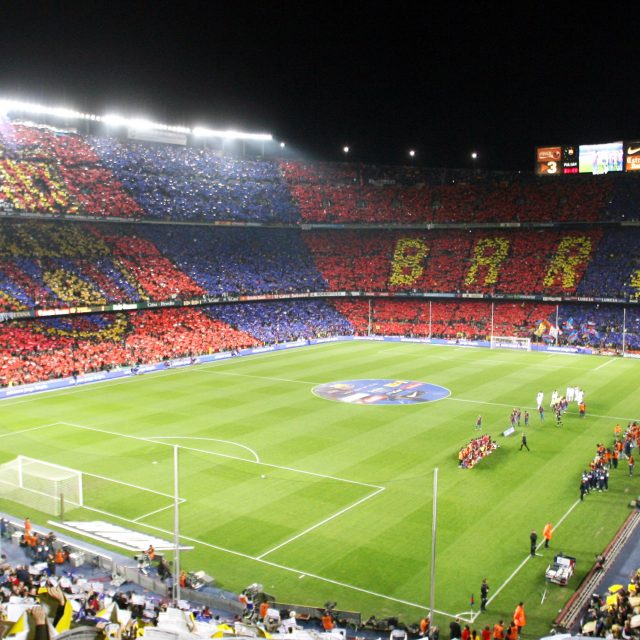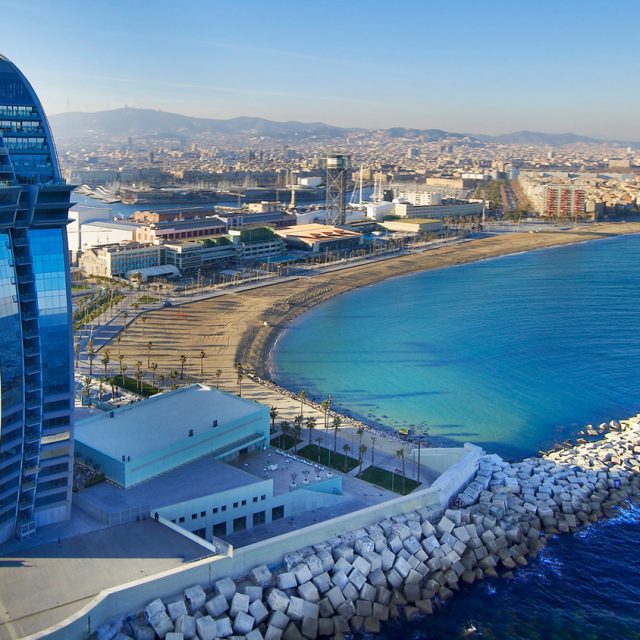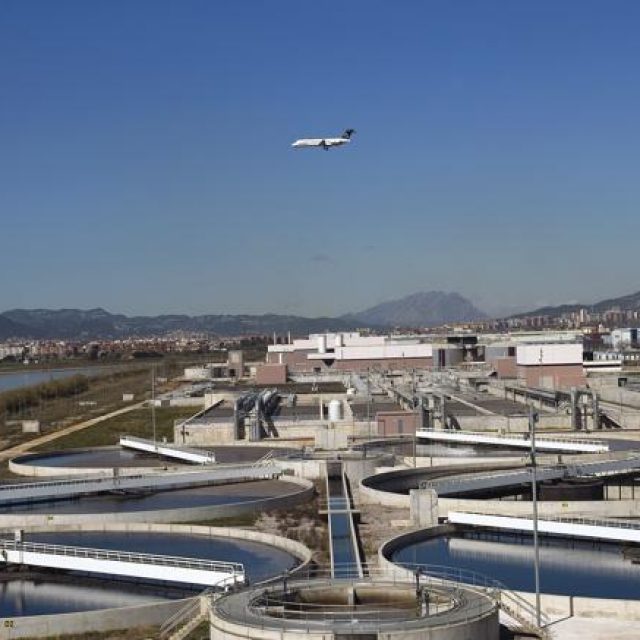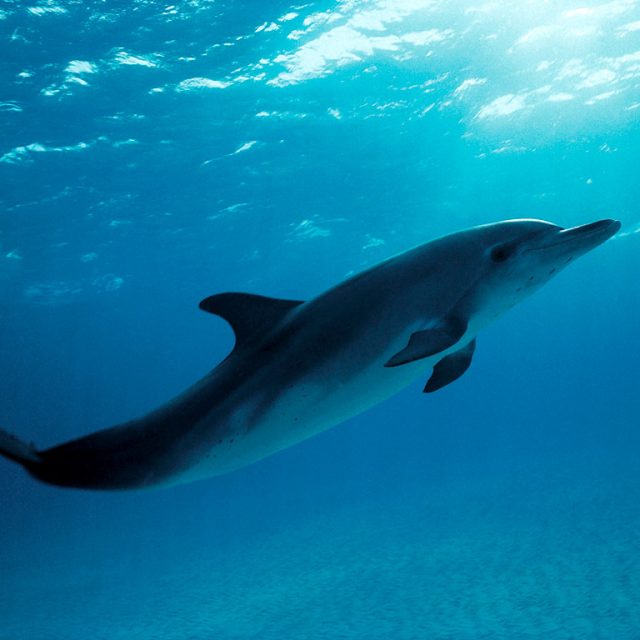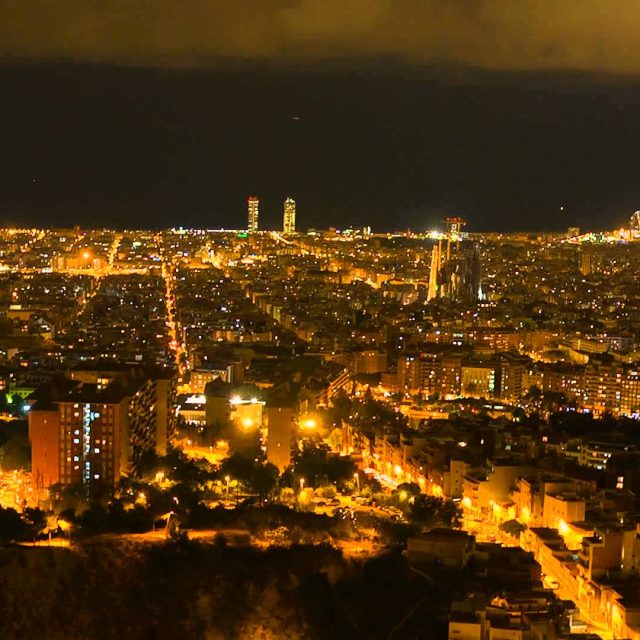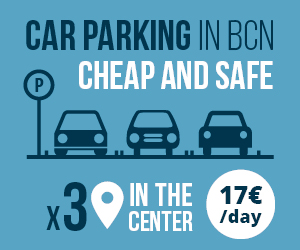On Wednesday, we consumed all the natural resources that the planet can produce in a year. The “overshoot day” is happening earlier every year.
Since Wednesday, August 2, humanity lives „on credit”. What does it mean? In just seven months, we have consumed all the resources that the Earth can produce in a year. Until the end of 2017, to continue to drink, eat, or travel, we will have to over-exploit our ecosystems and compromise their regeneration capacity. Unfortunately, this date comes earlier every year.
This “Earth overshoot day” is calculated each year by the Global Footprint Network, an international research institute based in Oakland, California. According to its calculations, the consumption exceeds 70% of available resources. In other words, the equivalent of 1.7 planets is necessary to satisfy the needs of humans. Have a look at how the situation change throughout the years.
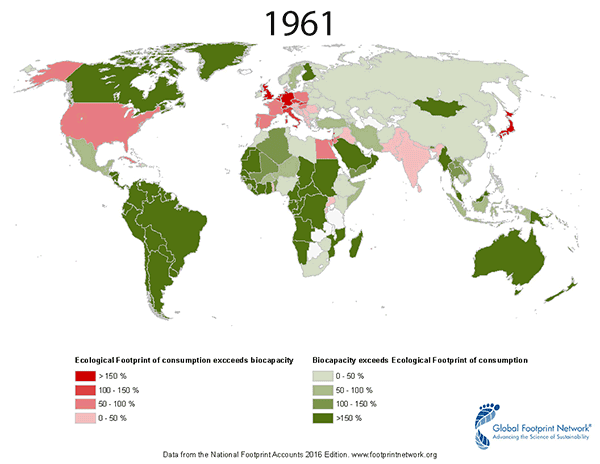
HOW DID WE CONSUME ALL OUR RESOURCES BEFORE THE END OF THE YEAR?
We have reached this overshoot day on the 2nd of August because we cut trees at a faster rate than they grow, we fish more every year, and we release more carbon into the atmosphere than the forests and ocean can absorb.The Earth Overshoot day also happened on 5 November 1985, 1 October 1998, 20 August 2009. Since the beginning of the decade „the acceleration of the timetable” has been slower. At this rate, however, we will need two planets in 2030.
WHAT ABOUT SPAIN?
How does it all look like in Spain? Unfortunately, not much better than in other countries. The Spanish are among thrifty Indians and the infamous “top” of the ranking. If everybody on the planet lives like the Spanish we would need precisely 2.4 planets to live “normally”. People’s lifestyle is also very important here and has a big influence on our ecological footprint. How crucial it actually is? Check this out HERE. And now please take a look what this ranking looks like:
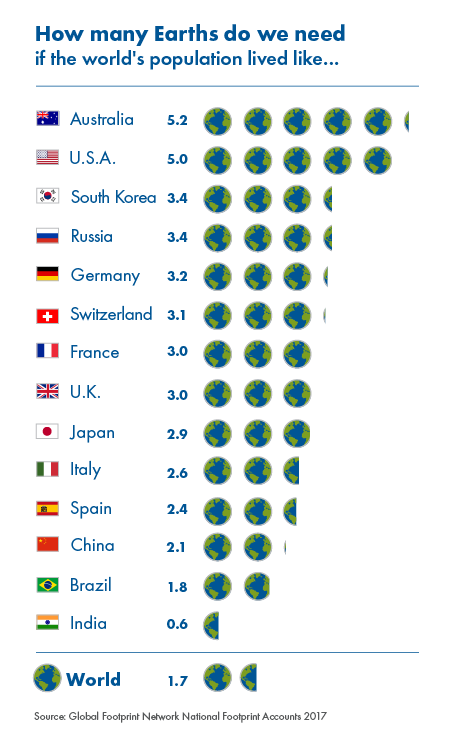
“Our planet is limited, but the human possibilities are not. Living according to our planet’s means is technologically possible, financially beneficial and our only chance for a prosperous future” – warns Mathis Wackernagel, the president of the Global Footprint Network.
If we succeed in pushing back the global overrun 4.5 days every year – the NGO calculates – we will recover the balance and start consuming the resources of a single Earth by 2030.
WHAT CAN WE DO?
The good news is we can reverse this trend. Firstly, by limiting greenhouse gas emissions, which alone account for 60% of the global ecological footprint.
“The challenge is to reach a peak of emissions by 2020,” adds Pierre Cannet, the head of the climate and energy program at the World Wide Fund for Nature France (WWF), one of the partners in the operation. Reducing carbon emissions by 50% would make it possible to postpone the day of the overrun by nearly three months.
Another „lever for action” is limiting the footprint. “It is essential to stop deforestation, to reduce our consumption of ‘animal products’, to combat food waste and to opt for more sustainable modes of production, such as bio, agroecology or permaculture” – says Arnaud Gauffier, the head of agriculture and food at WWF.
WANT TO HELP OUR EARTH? FIND OUT YOUR PERSONAL FOOTPRINT HERE!
Find an informative video that summarizes all of these information
If you would like to read about some specific topic click on the button below and SHARE YOUR THOUGHTS!
Source: LeMonde.fr
Photos source: overshootday.org









